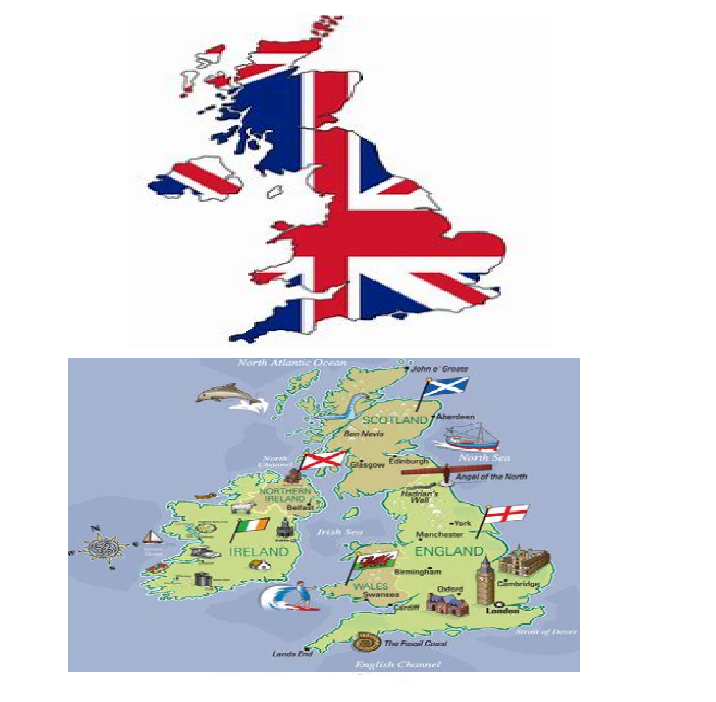MacCormick v. Lord Advocate (1953) SC 396 - Inner House
Citation: MacCormick v. Lord Advocate (1953) SC 396 - Inner House
Rule of thumb: Is Scotland a country? Is England a country? No, as a point of law both are technically regions of the country of Great Britain.
Judgment:
This case affirmed the principle that Great Britain was a ‘unitary country’ – Britain is not a confederation, a federation, or an association of states, rather it is a unitary country with Scotland, England and Wales all as regions of it. The facts of this case were that King George the VI, the former King of the United Kingdom of Great Britain and Northern Ireland, had passed away. Queen Elizabeth was appointed as the new queen of the United Kingdom of Great Britain and Northern Ireland in 1952. MacCormick sought to challenge the legalities of what the new Queen’s exact legal numbering and official should be. There had been a previous Queen of England called Elizabeth from 1558-1603, prior to the 1707 Acts of Union, and it was questioned whether the new Queen Elizabeth should be legally be deemed to be Queen Elizabeth the 1st or Queen Elizabeth the 2nd. This raised questions over the legal nature of Britain as a country according to the 1707 Acts of Union, which had to be interpreted. The Court affirmed that the names of all of the kings and Queens from the full history of Scotland and England all should legally and technically all be added together to get the current Queen’s number. This Judgement was arrived at on the basis that Scotland and England were both ended as countries after the 1707 Acts of Union with them merging after that point. The Court did further hold that as the Queen was the figurehead monarch of the country of Great Britain she was free number herself whatever she wanted – it was the Queen’s prerogative as to whether she called herself Queen Elizabeth the 1st or 2nd, Lord President Cooper ‘To put the matter in another way, it is of little avail to ask whether the Parliament of Great Britain “can” do this thing or that, without going on to inquire who can stop them if they do... This at least is plain, that there is neither precedent nor authority of any kind for the view that the domestic Courts of either Scotland or England have jurisdiction to determine whether a governmental act of the type here in controversy does or does not conform to the provisions of a Treaty, least of all when that Treaty is one under which both Scotland and England ceased to be independent states and merged their identity in an incorporating union’, Lord President Cooper ‘It is true that in Scotland we recognise within certain limits the action popularis, in which any member of the public may be entitled as such to vindicate any form of public right’, Lord President Cooper

Warning: This is not professional legal advice. This is not professional legal education advice. Please obtain professional guidance before embarking on any legal course of action. This is just an interpretation of a Judgment by persons of legal insight & varying levels of legal specialism, experience & expertise. Please read the Judgment yourself and form your own interpretation of it with professional assistance.

